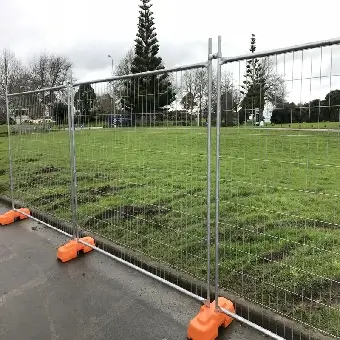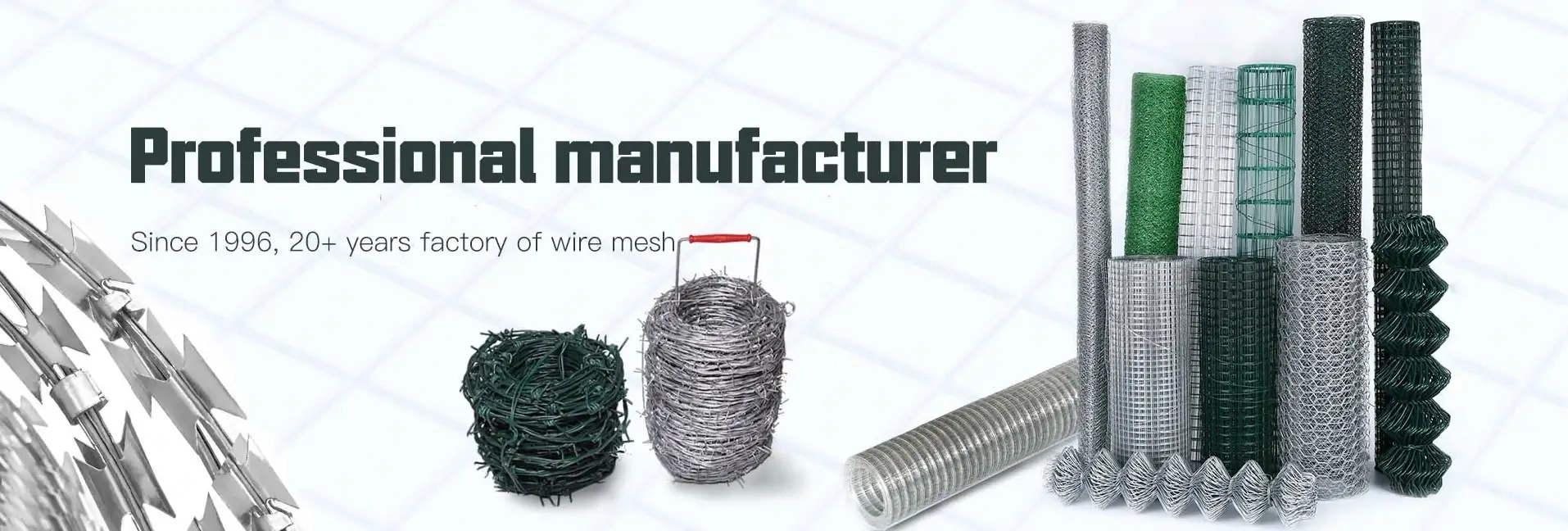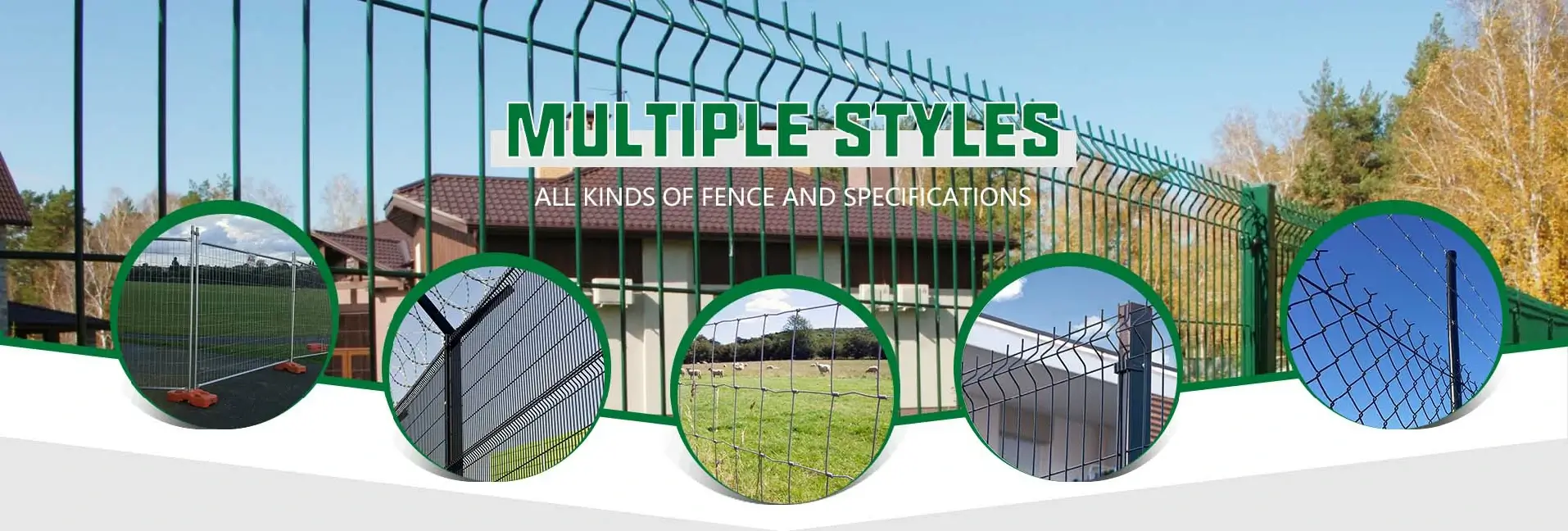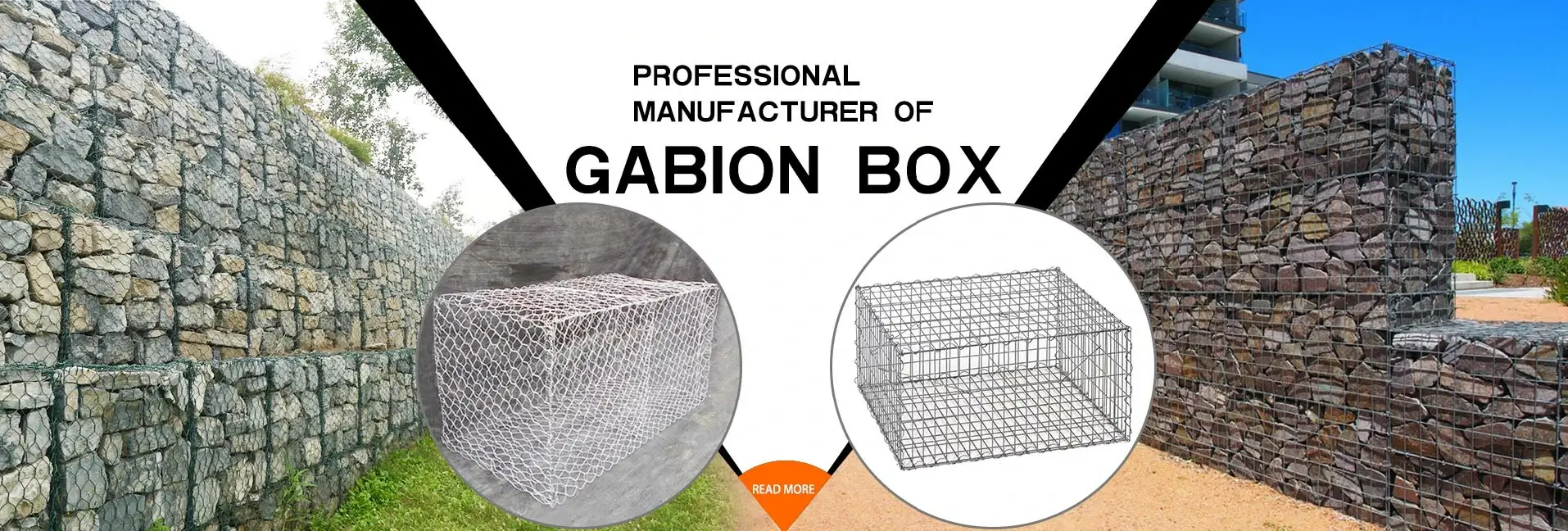12 月 . 04, 2024 16:36 Back to list
A Comprehensive Guide to Horse Fence Solutions and Products
The Versatility of Horse Fence Products A Comprehensive Guide
When it comes to equestrian care, one of the foundational elements for any horse owner is the type of fencing used to create a safe environment for their animals. Horse fence products are not just barriers; they are essential tools that protect horses from escaping and prevent external threats from entering their space. This article explores the various horse fence products available, focusing on their features, benefits, and suitability for different equestrian needs.
Types of Horse Fence Products
1. Wood Fencing Traditional wooden fences have long been a favorite among horse owners. They offer aesthetic appeal and durability. Common types include post-and-rail designs and solid board fences. While wooden fences can be visually pleasing, they require regular maintenance to prevent rotting and deterioration due to weather conditions.
2. Vinyl Fencing Vinyl fences have risen in popularity, primarily due to their durability and low maintenance requirements. They are available in various styles and colors, providing a polished look while ensuring major safety for horses. Unlike wood, vinyl does not splinter or warp, making it a safer choice for equestrian settings.
3. Wire Fencing Wire fences, especially those made of high-tensile wire or no-climb wire, provide a practical solution for larger pastures. They are strong and resistant to bending, making them an excellent choice to contain even the most spirited horses. Wire fencing should be paired with wooden posts for added support and stability.
4. Electric Fencing Electric fencing can be an effective way to manage horse enclosures. They serve as deterrents to horses that might be prone to escaping or biting through their barriers. Electric tapes or wires deliver a mild shock that acts as a training tool. However, it's crucial for horse owners to ensure that the electric fences are safe and well-maintained.
5. Field Fencing This type typically combines elements of wire fencing and electric fencing. It retains the sturdiness required to contain livestock while being designed specifically for the unique size and strength of horses. Field fencing often includes vertical wires spaced closely to prevent horses from getting their hooves stuck.
horse fence products

Considerations When Choosing Fencing
When selecting horse fence products, several critical factors come into play
- Safety The primary concern should always be the safety of the horses. Fences must be designed in such a way that they won't injure horses if they try to jump or lean against them.
- Maintenance Some materials require more upkeep than others. Wooden fences, for instance, need regular inspections for rot and splinters, while vinyl and electric fences typically require less maintenance.
- Cost Budget plays a significant role in the selection process. While some options like wooden fences may have lower initial costs, long-term maintenance and repair costs could add up.
- Aesthetics Horse owners often value the appearance of their property. The right fencing can enhance the visual appeal of a farm or equestrian facility.
Conclusion
In conclusion, horse fence products are essential for creating a safe and secure environment for horses. Understanding the different types of fencing available can help horse owners make informed decisions tailored to their individual needs. Whether they choose traditional wood, durable vinyl, or a combination of materials, investing in proper fencing is an investment in their equine companion's safety and well-being. By prioritizing safety, maintenance, cost, and aesthetics, horse owners can select the best fencing solution for their unique requirements, ensuring peace of mind while enjoying the company of their beloved horses.
-
Temporary Fence Base Products Durable & Reliable Manufacturer Solutions
NewsMay.30,2025
-
Best Africa Chicken Netting Hexagonal Wire Mesh Durable & Weatherproof
NewsMay.30,2025
-
Australian Temporary Fence Solutions Durable & Reliable Products
NewsMay.30,2025
-
Galvanized Steel Gabion Net & Trusted Gabion Factory Solutions High Durability
NewsMay.29,2025
-
Top-Rated Removable Fences Durable & Easy-Install Solutions
NewsMay.29,2025
-
Steel Expanded Metal Mesh Fence
NewsMar.07,2025



